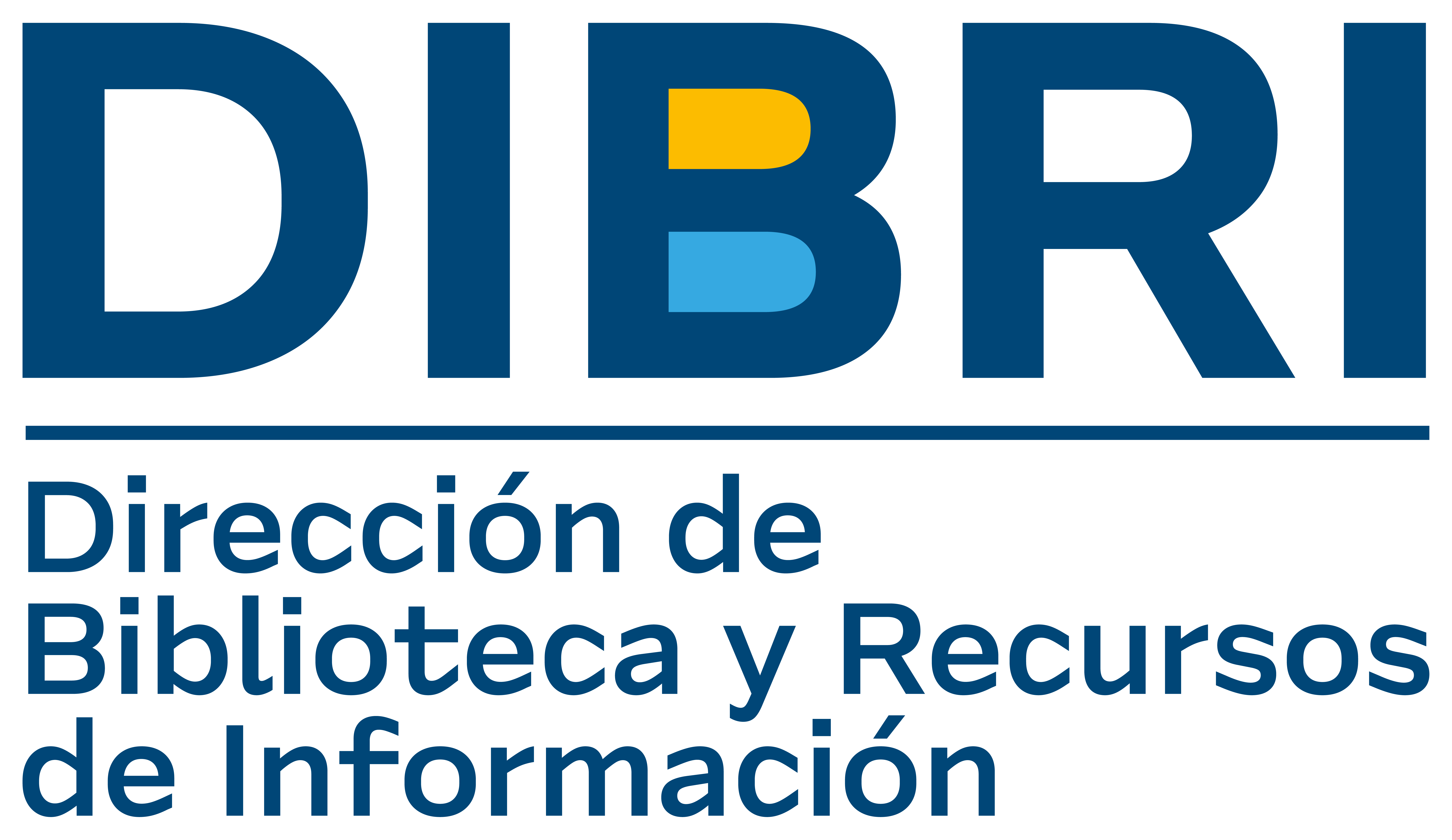Mostrar el registro sencillo del ítem
Technical education in Chile :a quantitative study of the effects of the task-based methodology, based on the principles of "english for specific purposes", on industrial mechanics students al Liceo Industrial y de Minas Ignacio Domeyko
| dc.contributor | Universidad Católica Silva Henríquez. Facultad de Educación Escuela de Educación en Inglés | |
| dc.contributor | López Lazo, Alejandro de Jesús | |
| dc.contributor | Quezada Vega, José Miguel | |
| dc.contributor | San Martín San Martín, Constanza Andrea | |
| dc.contributor | Villalonga Rojas, Nicolás Antonio | |
| dc.contributor.advisor | Garetto Loyola, Fernando [prof. guía] | |
| dc.creator | Donoso Suárez, María José | |
| dc.date.accessioned | 2021-10-12T15:06:28Z | |
| dc.date.accessioned | 2022-03-30T13:57:03Z | |
| dc.date.available | 2021-10-12T15:06:28Z | |
| dc.date.available | 2022-03-30T13:57:03Z | |
| dc.date.issued | 2014 | |
| dc.identifier | 116962 | |
| dc.identifier.other | INGL G 229te 2014 c.1 | |
| dc.identifier.other | CENTRAL | |
| dc.identifier.uri | http://repositorio.ucsh.cl/xmlui/handle/ucsh/2020 | |
| dc.description | Seminario de título (Licenciado en Educación y Profesor de Inglés para Educación Básica y Media) -- Universidad Católica Silva Henríquez, 2014 | |
| dc.description.abstract | Nowadays, modern societies are strongly based on economy and its influences. This is one of the reasons why there are many ways of becoming a professional capable of facing the labour market and undertaking the constant challenges that have been established by the countries which have the purpose of becoming a developed nation. One of the ways of becoming a professional is through TechnicalProfessional Education (TPE), imparted in High Schools. In Chile, as in other countries in Latin America, TPE has become a relevant topic for discussion in the school agenda, because of the meaningful role that it plays in the preparation of human resources (workers) who are trained in order to fulfil the countries’ economic needs so as to stay in a highly competitive international market. According to the 2010 data base of Mineduc, TPE accounts for the 44.7 per cent of school enrolment. Many of the students who are part of this type of education belong to the least economically favoured families. This is the reason why educational authorities have developed a series of strategies in various areas; some of those strategies are: 9 - - - - - Overcoming the traditional thought of TPE as a lower class option for people who are not able to enter the university. Strengthening links with business sectors to which TPE’s graduates are going to be part of at the end of their professional formation process. Increasing the amount of technological equipment in order to upgrade the students’ professional formation process. Renewing TPE’s methodological approaches in a meaningful way by incorporating innovations in the curricular program, in terms of itinerary (school schedule) and formative competences (content). Promoting the training and professional development of teachers in their subject area, which combined with the changes in the curricular programme for students, accomplishes “Dual Formation” through the entire process. All of the strategies stated above have been carried out with the purpose of providing students with high-quality education, which today is considered to be a human right that is in line with the development of a society which is based on justice and solidarity. Due to the fact that the aim of Technical Education is to prepare students for the labour market, it can be considered as the relationship between theoretical and practical knowledge of a specific subject area. The purpose of TPE is to promote successful transitions from school to work by developing skills that may prepare people to play an active and competent role in different sectors of the economic activity. | |
| dc.format.extent | 110 h. il., gráfs. col. | |
| dc.language.iso | eng | |
| dc.publisher | Santiago, Chile: UCSH | |
| dc.rights | Atribución-NoComercial-SinDerivadas 4.0 Internacional (CC BY-NC-ND 4.0) | |
| dc.rights.uri | https://creativecommons.org/licenses/by-nc-nd/4.0/deed.es | |
| dc.subject | Educación tecnológica | |
| dc.subject | Enseñanza del inglés | |
| dc.subject | Estrategias de aprendizaje | |
| dc.subject | Inglés técnico | |
| dc.title | Technical education in Chile :a quantitative study of the effects of the task-based methodology, based on the principles of "english for specific purposes", on industrial mechanics students al Liceo Industrial y de Minas Ignacio Domeyko | |
| dc.type | Seminario de título | |
| dc.file.name | 116962.pdf |



